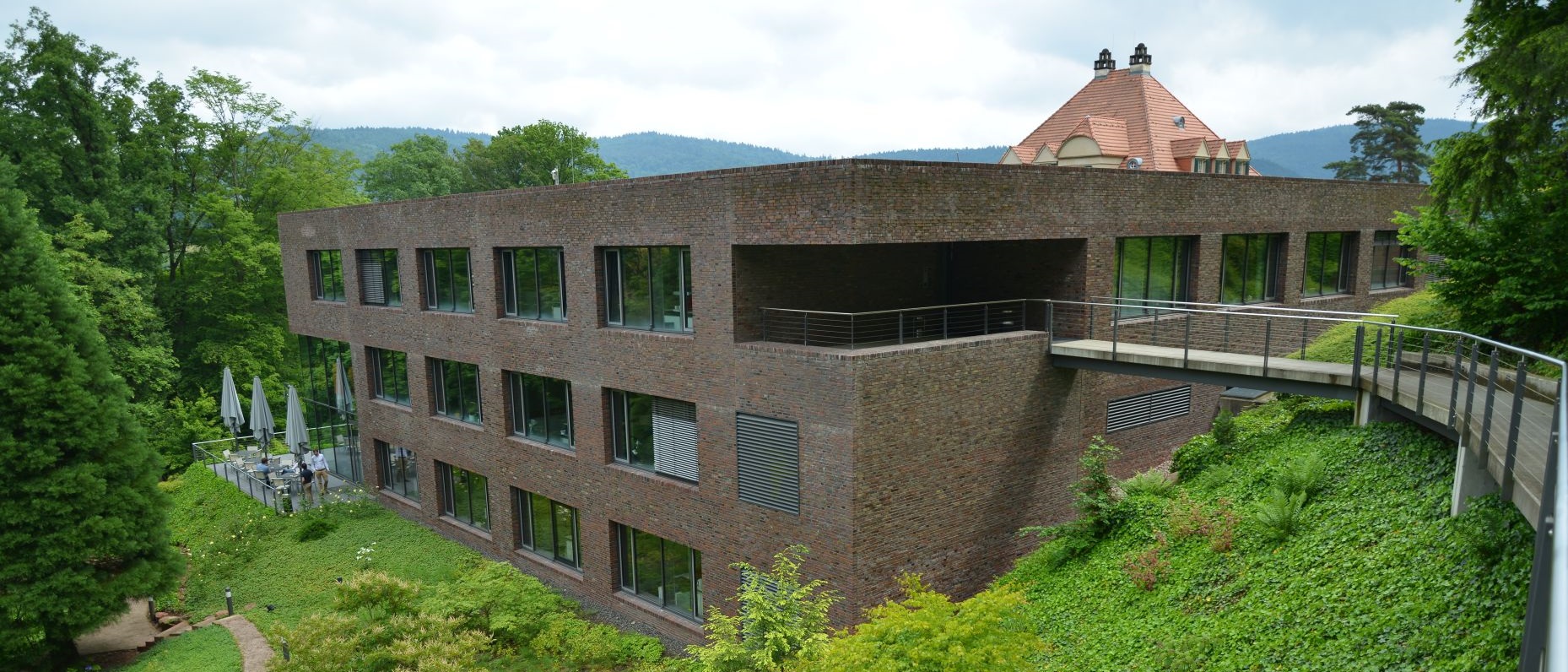HITS: Call for „Journalist in Residence“ 2016

Are you an experienced science journalist? Would you like a change of scenery, and the chance to get away from your day-to-day routine? The Heidelberg Institute for Theoretical Studies (HITS) “Journalist in Residence” program offers the possibility to spend three to six months among bright scientific minds, allowing you to gain a deeper insight into computer-aided, data-driven research and to work without the pressure of everyday business. The program is endowed with € 5,000 per month. The deadline for applications is 15 September 2015. You will join us in 2016.
120 scientists from 22 countries are currently working in 12 research groups at HITS. Their fields of research range from molecular biology to astrophysics, but one of the communalities of the research projects is that large amounts of data are produced and processed. One aim of the institute is therefore to raise public awareness of the importance of computer-aided, data-driven research in the natural sciences.
The “Journalist in Residence” program aims to give journalists insights into the work conducted at HITS. Applicants must be science journalists with several years of experience who are focusing on natural sciences and technology. The program is open to all freelance and employed journalists whether working in print,, online media, radio or TV. A good command of spoken and written English is a prerequisite.
To date, there have been four “Journalists in Residence” (JiR) at HITS – from Germany, Spain and the US. The first JiR was the German award-winning science journalist, Volker Stollorz, in 2012. After his 6-month stay, he said that he would certainly reap the benefits of this experience for a long time. “It was an amazing opportunity to spend several months with so many intelligent “HITSters”. The program is a great way to intensify the dialogue between science, science journalism, and the general public.”
In 2013, TV journalist Pia Grzesiak (Germany) joined the institute. She also thinks the JiR program offers science journalists a unique opportunity. “I was surprised by how many interesting and important topics are hidden behind these massive amounts of theoretical and invisible data. I’ve had the chance to gain a deeper insight and look into topics for which I wouldn’t have had time during my normal working routine. It was a truly exciting experience.”
In August 2014, Barcelona-based science writer Dr. Michele Catanzaro joined HITS. He stayed until February 2015 and seized the opportunity to make contact with some of his German colleagues, for example at conferences like “Wissenswerte”. “The program is an opportunity for a freelancer to pause, think, learn and work on a long-term, independent project,” says the physicist who has written articles for renowned science journals including “Nature”. “The pleasant and stimulating environment of HITS, and Heidelberg in general, are the ideal framework for such an experience.”
The fourth JiR arrived in March this year – Dr. Larry Krumenaker from Georgia, USA. The Journalist in Residence for 2016 will be chosen by a selection committee consisting of the science journalists Martin Schneider (SWR German TV / WPK), Thomas Lemberger (EMBO Press), and Hermann Engesser (Informatik-Spektrum) as well as scientists from universities, Max Planck Institutes, and HITS. The program will be presented at the World Conference of Science Journalists (WCSJ) in Seoul, South Korea, next week.
For further information on how to apply, please click here.
Watch the Youtube-Video with original quotes from HITS Journalists in Residence.
Download the information flyer:
HITS_Journalist_in_Residence_2015_PREVIEW
Please send your application by e-mail to:
Dr. Peter Saueressig
Head of Communications
HITS Heidelberg Institute for Theoretical Studies
E-Mail: peter.saueressig@h-its.org
About HITS
HITS, the Heidelberg Institute for Theoretical Studies, was established in 2010 by physicist and SAP co-founder Klaus Tschira (1940-2015) and the Klaus Tschira Foundation as a private, non-profit research institute. HITS conducts basic research in the natural, mathematical, and computer sciences. Major research directions include complex simulations across scales, making sense of data, and enabling science via computational research. Application areas range from molecular biology to astrophysics. An essential characteristic of the Institute is interdisciplinarity, implemented in numerous cross-group and cross-disciplinary projects. The base funding of HITS is provided by the Klaus Tschira Foundation.